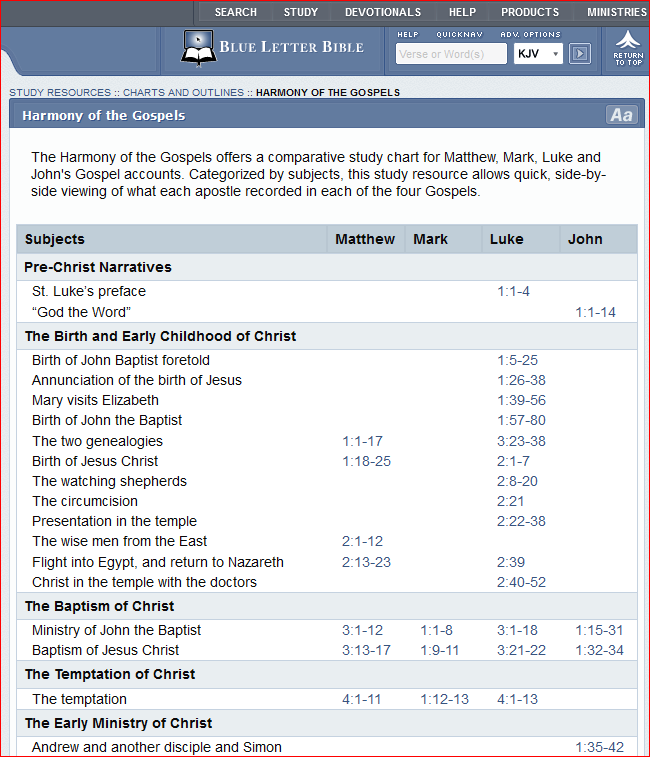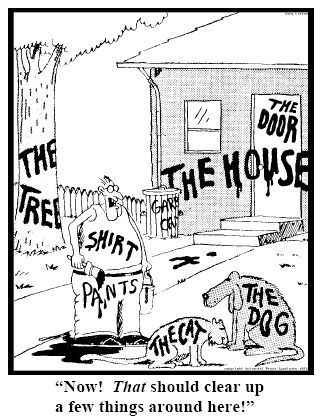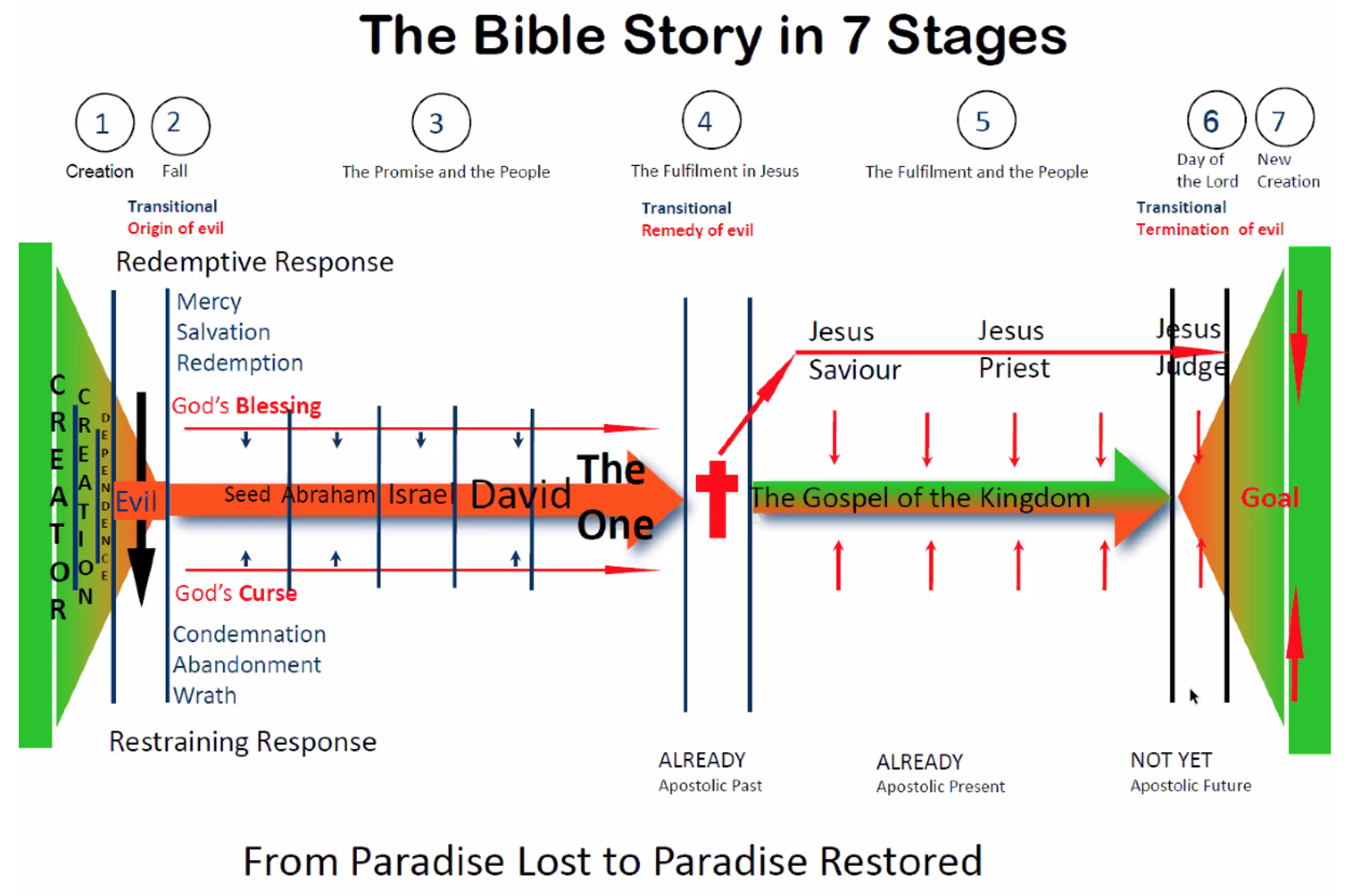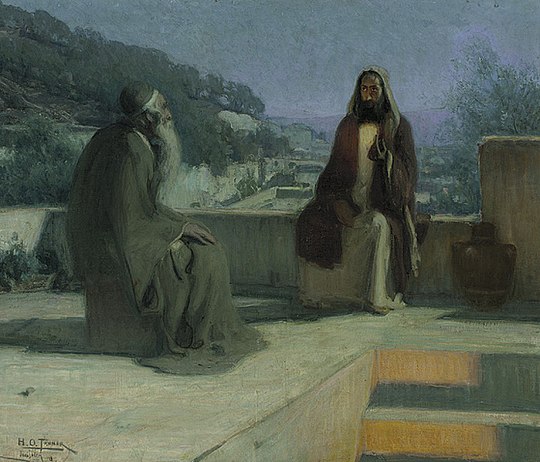Read the following passages in the order given as they describe the sequence of events relating to John the Baptist over a period of approximately 2 years.
Note the various socially distanced interactions between John, his disciples, Jesus and Herod.
And you, child, will be called the prophet of the Most High; for you will go before the Lord to prepare his ways, to give knowledge of salvation to his
people by the forgiveness of their sins. By the tender mercy of our God, the dawn from on high will break upon us, to give light to those who sit in
darkness and in the shadow of death, to guide our feet into the way of peace.
After this (the Nicodemus event) Jesus and his disciples went into the Judean countryside, and he spent some time there with them
and baptized. John also was baptizing at Aenon near Salim because water was abundant there; and people kept coming and were being
baptized - John, of course, had not yet been thrown into prison.
Now a discussion about purification arose between John's disciples and a Jew. They came to John and said to him, 'Rabbi, the one who
was with you across the Jordan, to whom you testified, here he is baptizing, and all are going to him.' John answered, 'No one can
receive anything except what has been given from heaven. You yourselves are my witnesses that I said, "I am not the Messiah, but I
have been sent ahead of him." He who has the bride is the bridegroom. The friend of the bridegroom, who stands and hears him,
rejoices greatly at the bridegroom's voice. For this reason my joy has been fulfilled. He must increase, but I must decrease.'
But Herod the ruler, who had been rebuked by him because of Herodias, his brother's wife, and because of all the evil things that Herod
had done, added to them all by shutting up John in prison.
Now when Jesus heard that John had been arrested, he withdrew to Galilee.
Now after John was arrested, Jesus came to Galilee, proclaiming the good news of God.
When John heard in prison what the Messiah was doing, he sent word by his disciples and said to him,
'Are you the one who is to come, or are we to wait for another?'
Jesus answered them, 'Go and tell John what you hear and see: the blind receive
their sight, the lame walk, the lepers are cleansed, the deaf hear, the dead are raised, and the poor have good news
brought to them. And blessed is anyone who takes no offence at me.' As they went away, Jesus began to speak to the
crowds about John: 'What did you go out into the wilderness to look at? A reed shaken by the wind? What then did you
go out to see? Someone dressed in soft robes? Look, those who wear soft robes are in royal palaces. What then did you
go out to see? A prophet? Yes, I tell you, and more than a prophet.
The disciples of John reported all these things (miracles of Jesus) to him. So John summoned two of his disciples and sent
them to the Lord to ask, 'Are you the one who is to come, or are we to wait for another?' When the men had come to him,
they said, 'John the Baptist has sent us to you to ask, "Are you the one who is to come, or are we to wait for another?"'
Jesus had just then cured many people of diseases, plagues, and evil spirits, and had given sight to many who were blind.
And he answered them, 'Go and tell John what you have seen and heard: the blind receive their sight, the lame walk, the
lepers are cleansed, the deaf hear, the dead are raised, the poor have good news brought to them. And blessed is anyone
who takes no offence at me.' When John's messengers had gone, Jesus began to speak to the crowds about John: 'What did
you go out into the wilderness to look at? A reed shaken by the wind? What then did you go out to see? Someone dressed
in soft robes? Look, those who put on fine clothing and live in luxury are in royal palaces. What then did you go out to
see? A prophet? Yes, I tell you, and more than a prophet. This is the one about whom it is written: "See, I am sending
my messenger ahead of you, who will prepare your way before you.". I tell you, among those born of women no one is
greater than John; yet the least in the kingdom of God is greater than he.' (And all the people who heard this,
including the tax-collectors, acknowledged the justice of God, because they had been baptized with John's baptism.
But by refusing to be baptized by him, the Pharisees and the lawyers rejected God's purpose for themselves.) 'To
what then will I compare the people of this generation, and what are they like? They are like children sitting
in the market-place and calling to one another: "We played the flute for you, and you did not dance; we wailed,
and you did not weep." For John the Baptist has come eating no bread and drinking no wine, and you say, "He has a
demon"; the Son of Man has come eating and drinking, and you say, "Look, a glutton and a drunkard, a friend of
tax-collectors and sinners!" Nevertheless, wisdom is vindicated by all her children.'
At that time Herod the ruler heard reports about Jesus; and he said to his servants, 'This is John the Baptist; he
has been raised from the dead, and for this reason these powers are at work in him.' For Herod had arrested John,
bound him, and put him in prison on account of Herodias, his brother Philip's wife, because John had been telling
him, 'It is not lawful for you to have her.' Though Herod wanted to put him to death, he feared the crowd, because
they regarded him as a prophet. But when Herod's birthday came, the daughter of Herodias danced before the company,
and she pleased Herod so much that he promised on oath to grant her whatever she might ask. Prompted by her mother,
she said, 'Give me the head of John the Baptist here on a platter.' The king was grieved, yet out of regard for his
oaths and for the guests, he commanded it to be given; he sent and had John beheaded in the prison. The head was
brought on a platter and given to the girl, who brought it to her mother. His disciples came and took the body
and buried it; then they went and told Jesus. Now when Jesus heard this, he withdrew from there in a boat to a
deserted place by himself.
King Herod heard of it, (the disciples sent out preaching and healing) for Jesus' name had become known.
Some were saying, 'John the baptizer has been raised from the dead; and for this reason these powers are at
work in him.' But others said, 'It is Elijah.' And others said, 'It is a prophet, like one of the prophets
of old.' But when Herod heard of it, he said, 'John, whom I beheaded, has been raised.' For Herod himself
had sent men who arrested John, bound him, and put him in prison on account of Herodias, his brother
Philip's wife, because Herod had married her. For John had been telling Herod, 'It is not lawful for you
to have your brother's wife.' And Herodias had a grudge against him, and wanted to kill him. But she could
not, for Herod feared John, knowing that he was a righteous and holy man, and he protected him. When he
heard him, he was greatly perplexed; and yet he liked to listen to him. But an opportunity came when
Herod on his birthday gave a banquet for his courtiers and officers and for the leaders of Galilee.
When / his daughter Herodias / When the daughter of Herodias / came in and danced, she pleased Herod
and his guests; and the king said to the girl, 'Ask me for whatever you wish, and I will give it.' And he
solemnly swore to her, 'Whatever you ask me, I will give you, even half of my kingdom.' She went out and
said to her mother, 'What should I ask for?' She replied, 'The head of John the baptizer.' Immediately
she rushed back to the king and requested, 'I want you to give me at once the head of John the Baptist
on a platter.' The king was deeply grieved; yet out of regard for his oaths and for the guests, he did
not want to refuse her. Immediately the king sent a soldier of the guard with orders to bring John's
head. He went and beheaded him in the prison, brought his head on a platter, and gave it to the girl.
Then the girl gave it to her mother. When his disciples heard about it, they came and took his body,
and laid it in a tomb.
-
John was one of a very, very rare breed - what is referred to in some circles as a "peripheral prophet" -
out on his own, perhaps an outcast (self-inflicted or otherwise), unafraid of rulers and public opinion, one who
spoke his mind forcefully, fearlessly and with great conviction. Was he wise to behave in this manner?
-
Can you think of hearing or reading about or seeing such a person (of faith or of no faith) in your
lifetime? How did you / do you react?
-
There are very few such prophets recorded in the Bible. Does this imply that they are not God's
preferred way of getting his message across? Why / why not?
-
John may have been in prison for as much as two years. Note that this might have meant anything
from being kept in one of Herod's castles (ref Paul in Rome) to incarceration in a Roman dungeon.
How do imagine Jesus reacted to and then coped with knowing his "earthly" cousin and this "Prophet
of the Most High (Lk 1:76-79) had been "detained at Herod's pleasure"?
-
Paul and Silas were set free from the jail in Philippi but John was not released alive from Herod's
castle by the Dead Sea. Should John have kept his big mouth shut regarding Herod's marital affairs?
-
John appears to have some doubt regarding Jesus being the Messiah. Why do think this was? We are not
told whether John's messengers got Jesus' reply back to John. If they did, how do you think he might have reacted?
-
What doubts, if any, have you experienced regarding Jesus as Messiah / Son of God? If you have
had such doubts, how did they get resolved - or are there still doubts remaining?
-
In a time of sharing feel free to express any doubts, however big or small, you might have
concerning your Christian Faith.



 (Courtesy of Daniel Duda)
(Courtesy of Daniel Duda)

